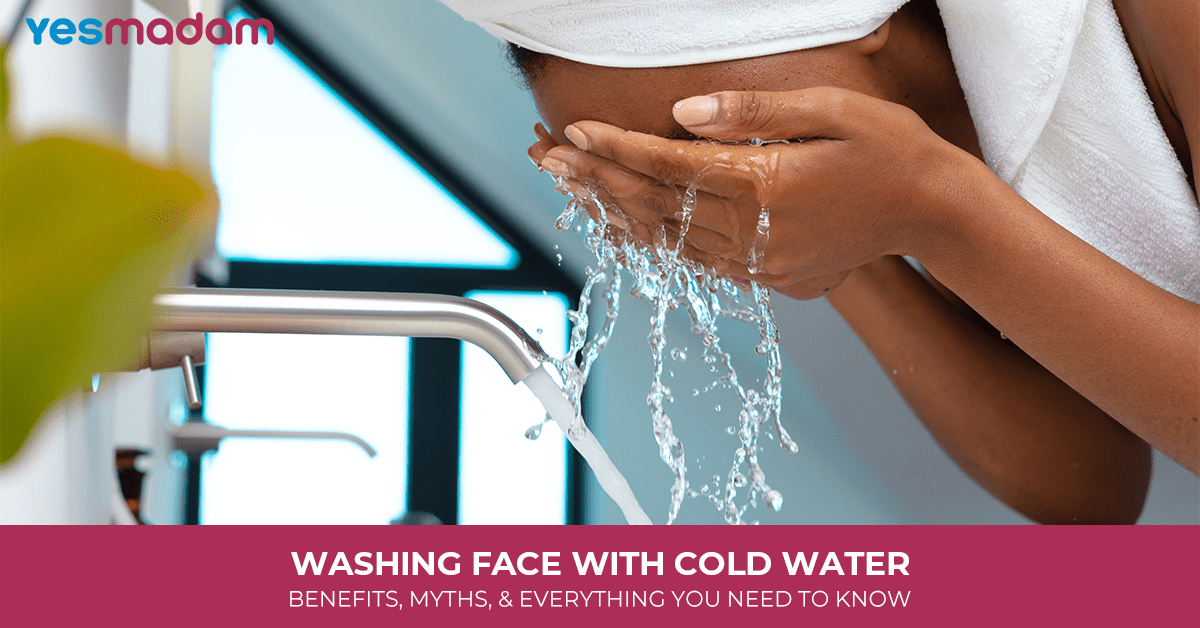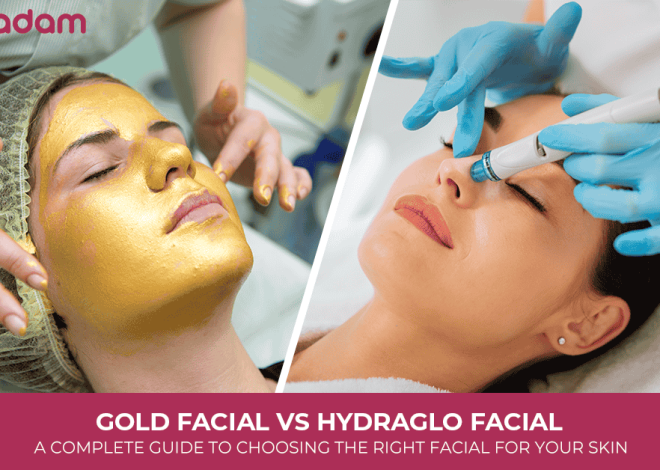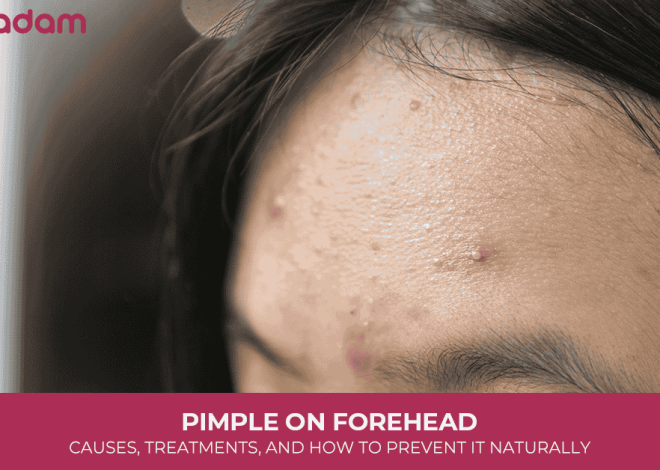
Washing Face with Cold Water: Benefits, Myths, and Everything You Need to Know
Let’s be honest—skincare routines can get overwhelming. From serums and toners to cleansers and masks, there’s a product for every skin concern. But sometimes, the simplest practices can be the most effective. One such timeless ritual is washing face with cold water.
This everyday habit isn’t just about splashing water on your skin; it’s about boosting circulation, refreshing tired skin, and even helping with puffiness. Many people swear by it as a natural pick-me-up in the morning, while others wonder if it’s just another skincare myth.
In this guide, we’ll break down the science, benefits, myths, and best practices behind washing your face with cold water. We’ll also cover some commonly asked questions so you walk away with clarity and confidence about this simple yet powerful practice.
Table of Contents
Why Washing Your Face Matters
Before diving into temperature debates, let’s understand why washing your face is important in the first place.
Removing Impurities
Throughout the day, our skin accumulates dirt, oil, sweat, and environmental pollutants. If left unwashed, these can clog pores and trigger breakouts.
Supporting Skin Health
Clean skin allows serums, moisturizers, and treatments to penetrate better. Think of it like preparing a canvas before painting—it makes everything work more effectively.
Balancing Oil Levels
Washing helps maintain the natural oil balance on your skin. Overwashing can strip oils, while not washing enough can cause excess buildup.
More Information For You: Cucumber Benefits For Skin
The Science Behind Washing Face with Cold Water
When you use cold water, your skin reacts differently compared to warm water. Here’s what actually happens:
- Tightening Effect: Cold water temporarily causes blood vessels to constrict, giving your skin a firmer, toned appearance.
- Reduced Puffiness: Especially around the eyes, cold water helps calm swelling and inflammation.
- Increased Alertness: Splashing cold water on your face activates nerve endings, giving that instant wake-up call.
Benefits of Washing Face with Cold Water

Now let’s look at why so many people swear by this practice.
1. Refreshes Tired Skin
Ever notice how you instantly feel awake after splashing cold water? That’s because cold water stimulates blood circulation and helps you feel more alert.
2. Reduces Puffiness
Morning puffiness, especially under the eyes, can be reduced by cold water’s anti-inflammatory effect. It calms swelling and soothes irritation.
3. Minimizes the Appearance of Pores
Cold water won’t shrink pores permanently, but it can make them appear smaller by tightening the surrounding skin.
4. Natural Glow Boost
Improved circulation gives your face a subtle, healthy glow without any makeup.
5. Gentle on Sensitive Skin
Unlike hot water, which can strip away oils and worsen redness, cold water is less harsh and more calming.
Myths About Washing Face with Cold Water
As popular as this routine is, there are many misconceptions. Let’s clear them up.
Myth 1: Cold Water Permanently Shrinks Pores
Reality: Pore size is determined by genetics. Cold water may make them look smaller temporarily, but it won’t change their structure.
Myth 2: Cold Water Alone Cleans Your Skin
Reality: While it refreshes skin, you still need a gentle cleanser to effectively remove dirt, oil, and makeup.
Myth 3: Cold Water Prevents Acne
Reality: Acne prevention depends on oil regulation, hormones, and skincare routine. Cold water can calm inflammation, but it’s not a cure.
Cold Water vs Warm Water: Which is Better?
This debate has been ongoing for decades. Here’s a balanced perspective:
- Warm Water: Opens pores, helps remove dirt and oil more effectively.
- Cold Water: Soothes, refreshes, and tightens skin.
- Best Approach: Many dermatologists recommend using lukewarm water with a cleanser, then rinsing with a splash of cold water for freshness.
When Should You Wash Your Face with Cold Water?
Morning Routine
Perfect for waking up, reducing puffiness, and energizing the skin.
After a Workout
Cold water helps calm redness and brings down heat from the skin.
Before Makeup
It helps create a smoother canvas by tightening skin and reducing oiliness.
Step-by-Step Guide: Washing Face with Cold Water
- Start with Clean Hands – Always wash your hands first to avoid transferring bacteria.
- Splash Cold Water – Rinse your face with cool or cold water.
- Use a Gentle Cleanser – Massage in circles for about 30 seconds.
- Rinse with Cold Water – Finish with cold water to lock in freshness.
- Pat Dry, Don’t Rub – Use a soft towel to avoid irritation.
- Moisturize Immediately – Hydrate while your skin is still damp.
Extra Tips for Maximizing Benefits
- Keep a bowl of cold water with ice cubes handy for an instant skin wake-up.
- Use cold water after steaming your face to close pores.
- If you have rosacea or extremely sensitive skin, stick to cool—not icy—water to avoid irritation.
Common Mistakes to Avoid
- Using Only Cold Water Without Cleansing: Always pair with a mild cleanser.
- Overwashing: Twice a day is enough; overwashing can dry out your skin.
- Extreme Temperatures: Very hot or very cold water can shock your skin.
Conclusion
In the world of skincare, sometimes the simplest rituals are the most powerful. Washing face with cold water isn’t a miracle cure, but it’s a refreshing, natural, and effective way to energize your skin, reduce puffiness, and promote a healthier glow.
It’s not about choosing cold water over everything else—it’s about incorporating it wisely into your routine. Balance is key. Pair cold water with gentle cleansing, moisturization, and overall good skincare habits for the best results.
So tomorrow morning, skip the complicated products for a moment and start your day with a splash of cold water—you’ll feel the difference instantly.
FAQs
1. Does washing face with cold water help acne?
Cold water may calm inflammation and reduce redness, but it won’t cure acne on its own. A good skincare routine and professional treatment may still be needed.
2. Can I wash my face with cold water every day?
Yes, it’s safe to do daily. Just make sure you’re also using a gentle cleanser to remove impurities.
3. Is cold water better than warm water for oily skin?
Cold water can temporarily reduce oiliness by tightening pores, but lukewarm water cleanses oil more effectively. A balance of both works best.
4. Will washing my face with cold water stop wrinkles?
Cold water improves circulation and tightens skin temporarily, but it won’t prevent aging. Sunscreen and hydration are better anti-aging solutions.
5. Can cold water damage sensitive skin?
Not usually, but extremely icy water might cause irritation. Stick to cool water if you have sensitive or rosacea-prone skin.
6. Should I use cold water after steaming my face?
Yes, it helps tighten pores after they’ve been opened by steam. This locks in hydration and gives a firmer feel.
7. How long should I splash cold water on my face?
Around 20–30 seconds is enough. You don’t need to overdo it for results.
8. Can I skip cleanser if I use cold water?
No, water alone doesn’t remove dirt, makeup, or oil effectively. Always use a cleanser suitable for your skin type.
9. Does cold water help reduce dark circles?
It won’t erase them, but cold water can reduce puffiness and swelling around the eyes, making dark circles appear less noticeable.
10. What’s the best time of day to wash with cold water?
Morning is ideal for reducing puffiness and waking up your skin, though you can also use it post-workout or before applying makeup.



